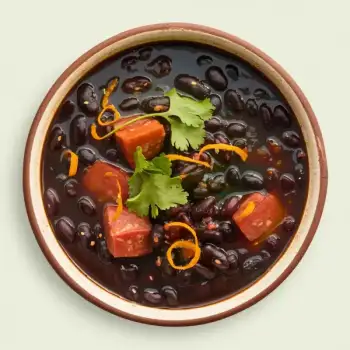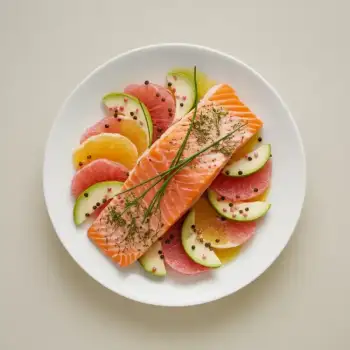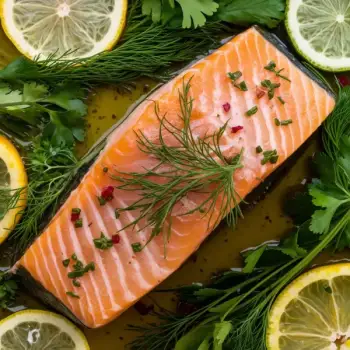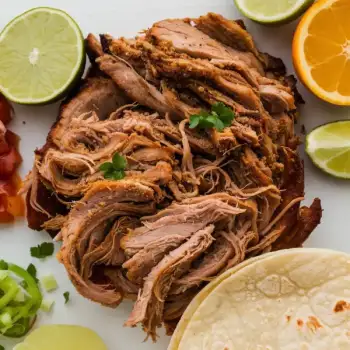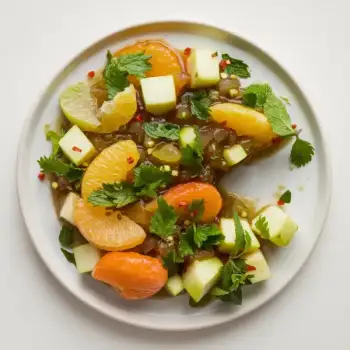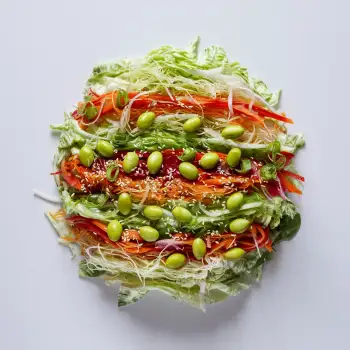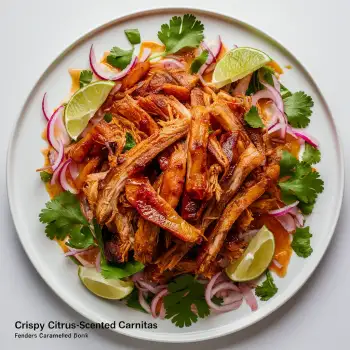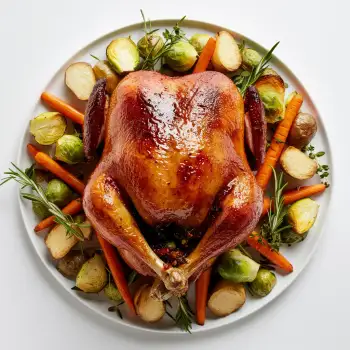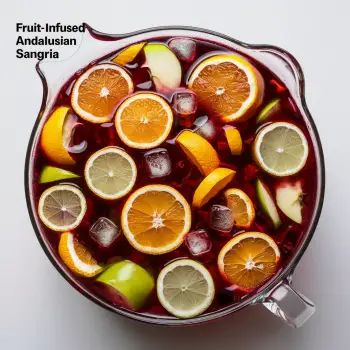


Zest
The grated outer peel of the orange, used to add a bright, citrusy flavor to baked goods, marinades, and sauces.
Fresh
Whole oranges, either navel, Valencia, blood oranges, or other varieties, perfect for juicing or eating raw.
Juice
Freshly squeezed orange juice or commercially available in chilled, frozen concentrate, or shelf-stable forms.
Canned
Oranges that are peeled and canned in their own juice or syrup, often used in desserts or fruit salads.
Segments
Oranges can be segmented for use in salads, desserts, or as a garnish, providing a burst of fresh citrus flavor without the pith.
Marmalade
A preserve made from the juice and peel of oranges, often spread on toast or used as a glaze in cooking.




marmalade: Bonne Maman, Smucker's
orange juice: Tropicana, Florida's Natural
fresh oranges: Sunkist
canned oranges: Dole, Del Monte

Candying: Candied orange peel is a classic treatment where strips of orange zest are blanched to remove bitterness and then simmered in a sugar syrup. This process preserves the peel and imparts a sweet, slightly bitter flavor that's excellent for garnishes or in baked goods.
Grilling: Grilling orange slices or halves caramelizes the sugars, adding a smoky, charred flavor that can complement meats or be used in desserts. Grill over medium heat until char marks appear and the fruit warms through.
Marinating: Orange juice and zest can be used in marinades to tenderize and flavor meats, particularly poultry and pork. The acid in the juice helps to break down proteins, while the zest adds a zesty fragrance.





